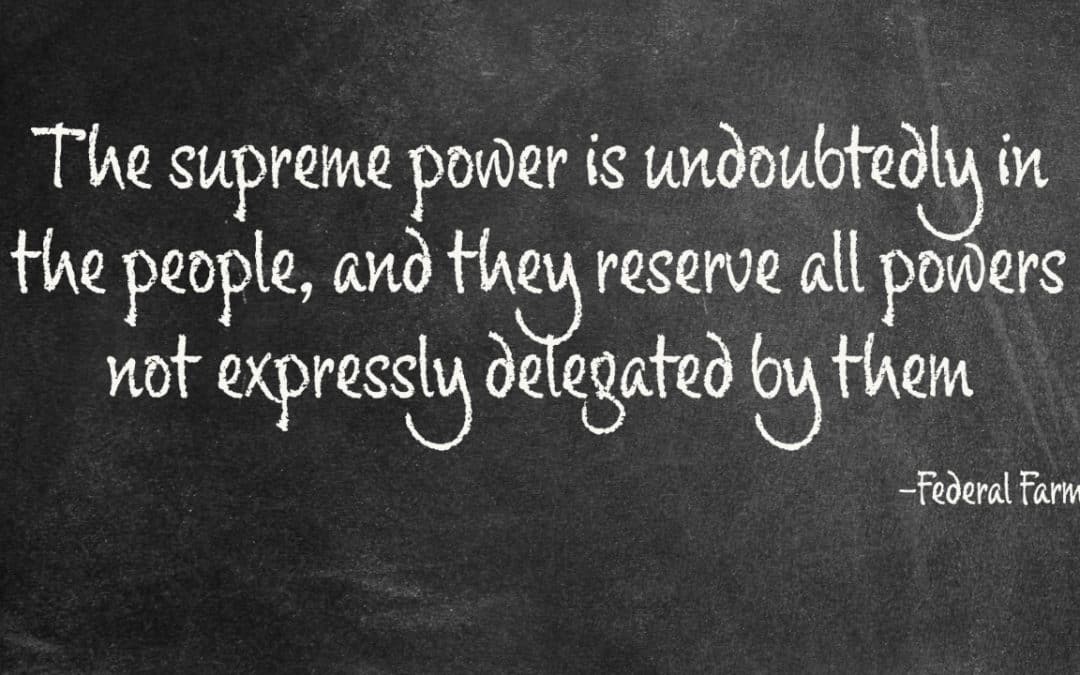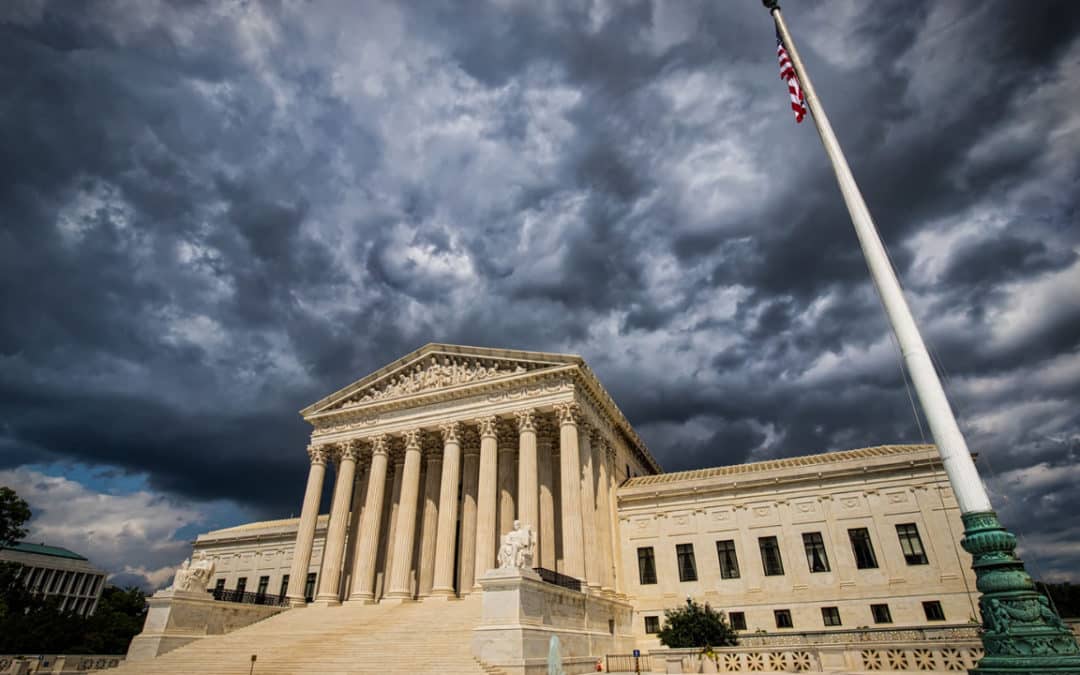


Federal Farmer: A Confederated Republic or Consolidation?
During the Constitution’s ratification process, there was little to no debate about the type of government desired. Whether antifederalist or federalist, both sides fundamentally advocated for a federal republic with a general government exercising expressly delegated...
Federal Farmer Makes his Case for the Tenth Amendment
In one of his later essays, the Federal Farmer made a strong case for what eventually became the Tenth Amendment. A major contention among anti-federalists and other skeptics of the proposed Constitution revolved around the limits on federal power. In particular,...
Federal Farmer: Will the Judiciary Preserve or Destroy Liberty?
While many anti-federalists, including Patrick Henry, regarded the judicial branch of the federal government under the proposed U.S. Constitution with deep suspicion, the Federal Farmer took a more moderate, albeit guarded stance. In his fifteenth letter dated Jan....
